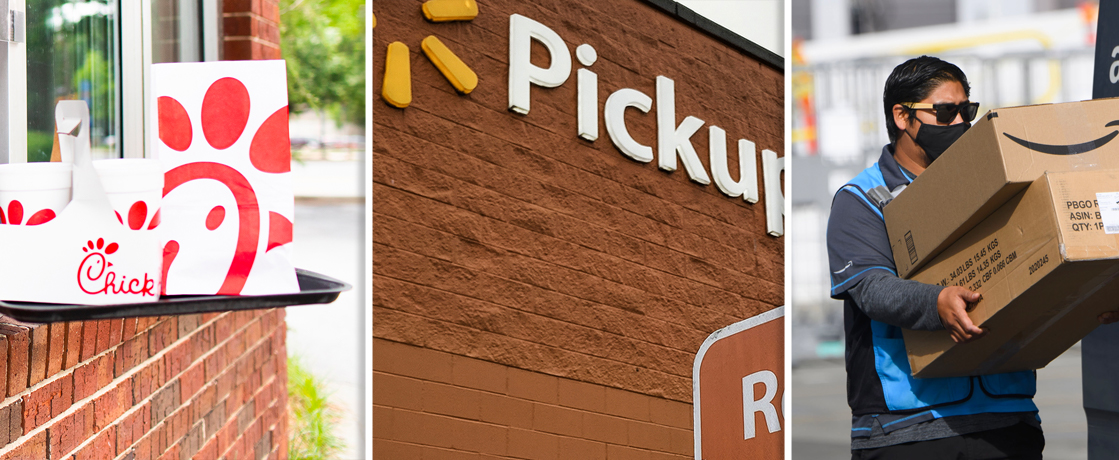The pandemic may have shaken up the old normal, but it is becoming clear that the principal effect has been to accelerate trends (e.g., online shopping) that were already developing, including consumer awareness and perception of the ethical behavior of brands. It turns out that being perceived as doing the right thing is more than window dressing, it can drive brand loyalty and purchase decisions.
That’s the finding in a recent survey of 2,000 U.S. consumers by London-based Jigsaw Research. Jigsaw reported that 86 percent of those polled said they have changed their perception as a result of the brand’s response to the pandemic and 70 percent of U.S. consumers and 66 percent of UK consumers have changed their attitude toward certain companies. Brands such as Amazon, Walmart, and Lysol benefitted the most. Half of the respondents (51 percent) reported they think better of Amazon as a result of the company’s actions during the pandemic.
One of the factors mentioned in the case of Amazon was the company’s introduction of “Amazon Day” delivery, an option for customers to have their non-urgent orders combined into one delivery. The change was perceived as climate-friendly and as helping “prioritize deliveries to vulnerable people."
“The pandemic has created a climate of heightened moral judgement on both sides of the Atlantic,” Jigsaw Research reported. “People are displaying an increased sensitivity to how the corporate world is behaving and which ‘side’ companies are on — with a new landscape of heroes and villains emerging. This moral self is being overlooked by many brands.”
According to research by Coca Cola, this moral awareness has affected behavior toward the service sector. Coke reported that 43 percent of Americans said they would tip servers more than before to help restaurants and workers recover from the Coronavirus.
On the flip side, Jigsaw reported that Facebook and Twitter topped the list of brands customers “think worse of.” The survey also found that 61 percent of those polled said they “think worse of at least one brand,” and 38 percent said that during the pandemic they stopped using at least one brand because of its activity.
One of the less-likely winners of positive brand behavior has been Chick-fil-A, the fast food company that specializes in chicken sandwiches. On March 16, 2020, the first day of the national lockdown, the company closed all of its dining rooms and transitioned to drive-thru service only. The company erected drive-thru tents to increase capacity and within weeks of the lockdown there were consistent lines of cars waiting at many locations.
The speed and efficiency with which the company was able to respond was noticed. In January, as the first batches of vaccines arrived, hospitals where shots were being offered were overwhelmed by long lines, which led to traffic jams and frayed tempers. The mayor of Mount Pleasant, South Carolina, having noticed how well Chick-fil-A managed its traffic flow, called a local restaurant seeking help. The manager responded and the episode won a cherished headline: “Chick-fil-A manager saves South Carolina drive-thru COVID-19 vaccination clinic after traffic backup.”
Said the mayor, Chick-fil-A manager Jerry Walkowiak, “showed us how to do it right." Walkowiak transformed the messy traffic jam into a smooth operation, reducing the hours-long wait to just 15 minutes.
“What companies do and how they communicate in the current climate really matters,” Jigsaw CEO Julie Knox said. “COVID-19 is unfortunately not a flash in the pan—the impact will be profound and long-lasting.”

















